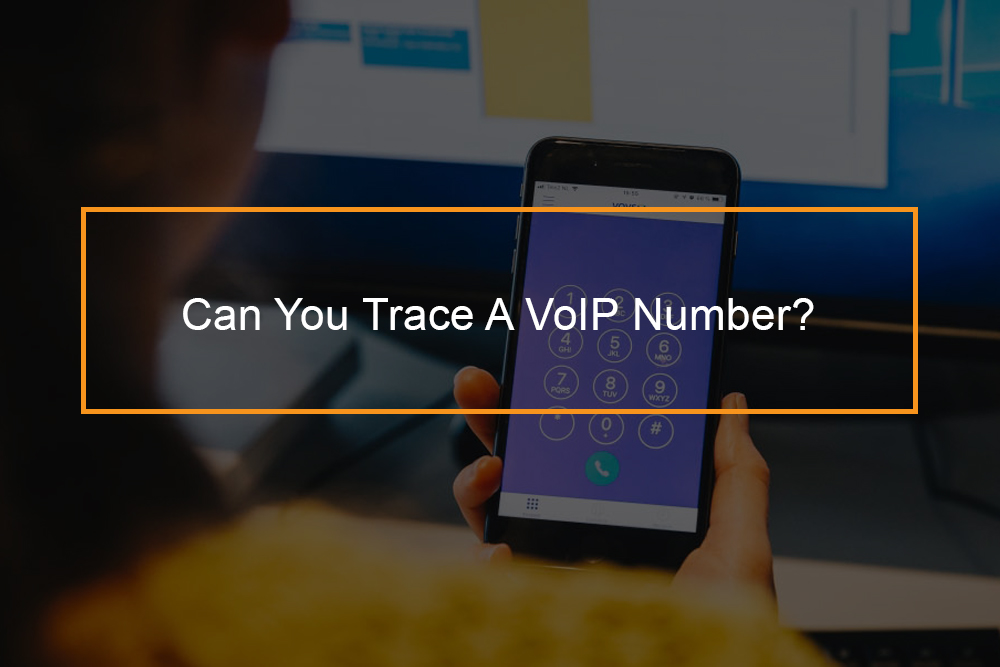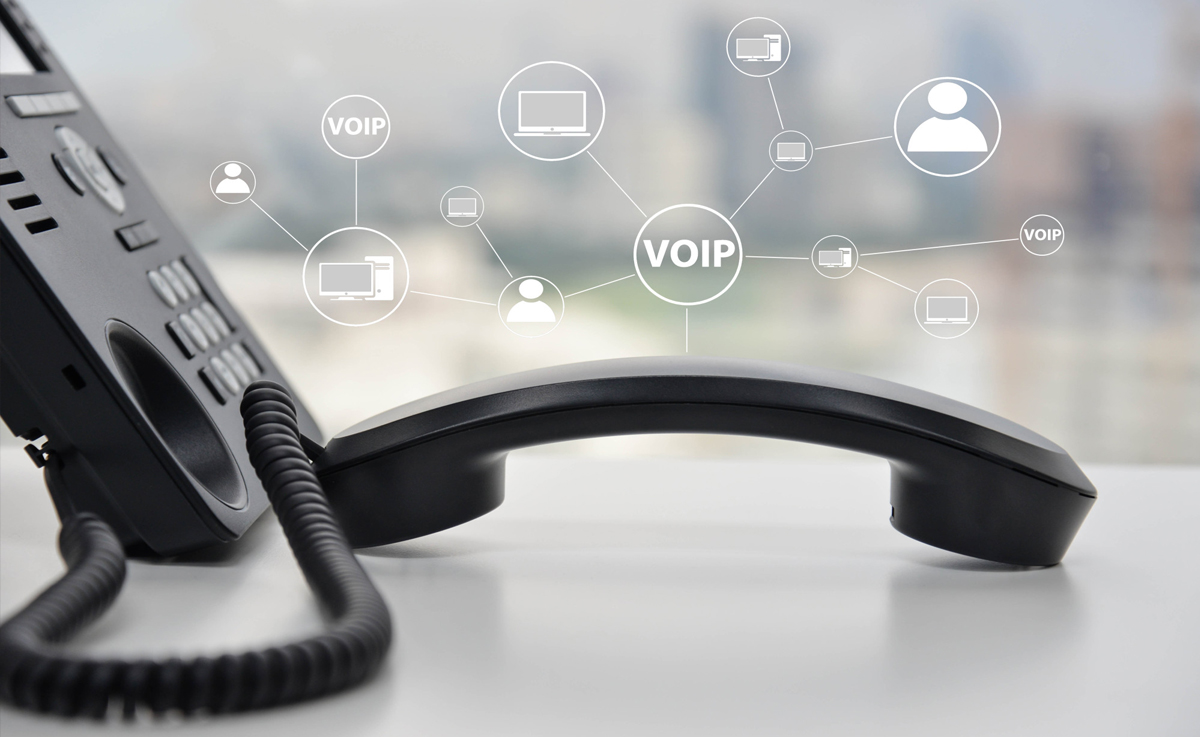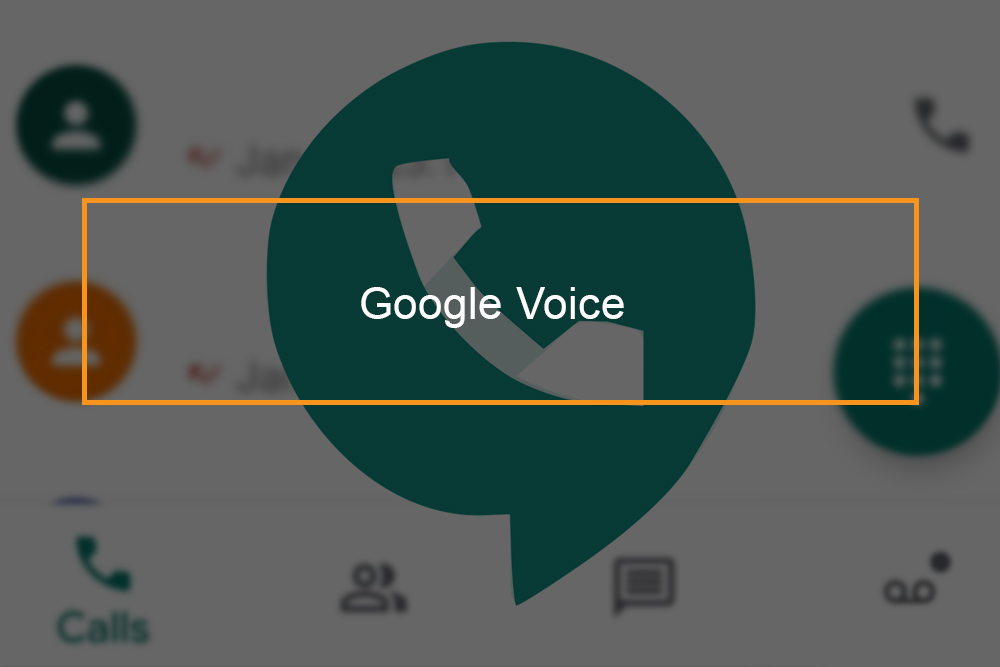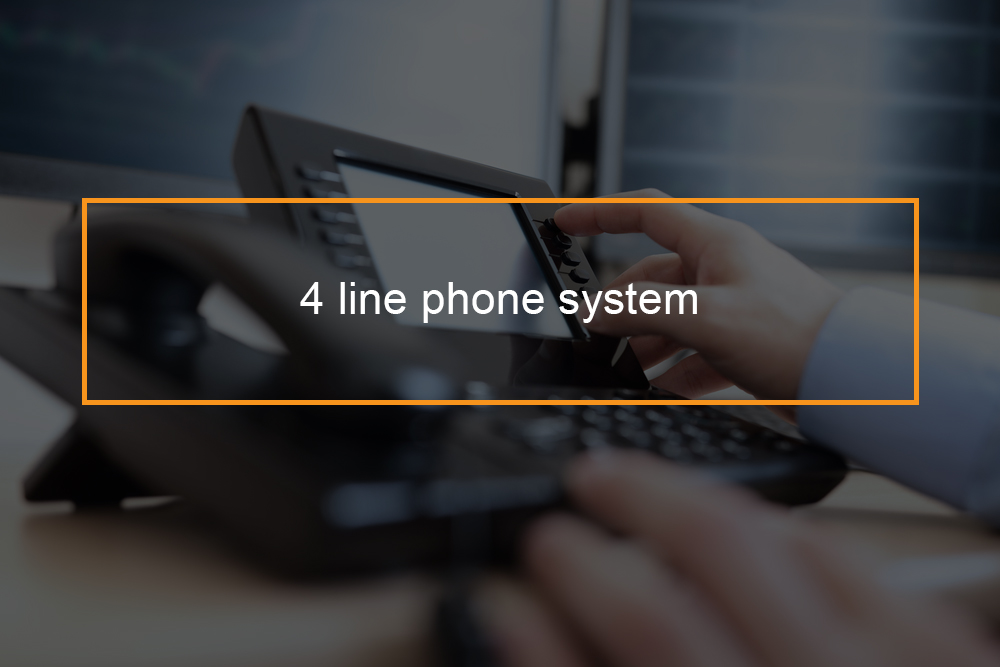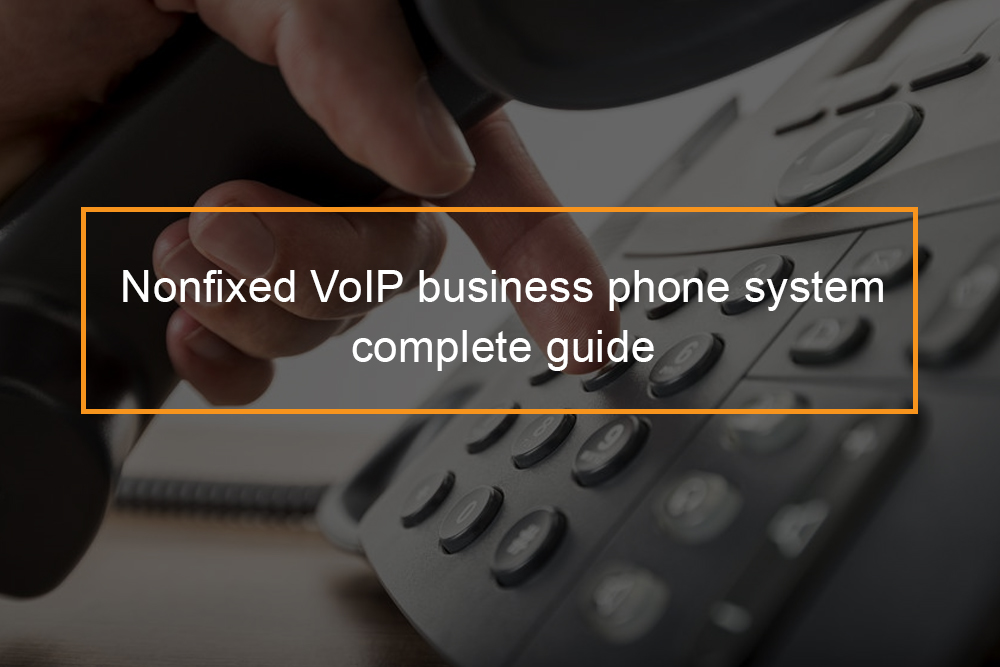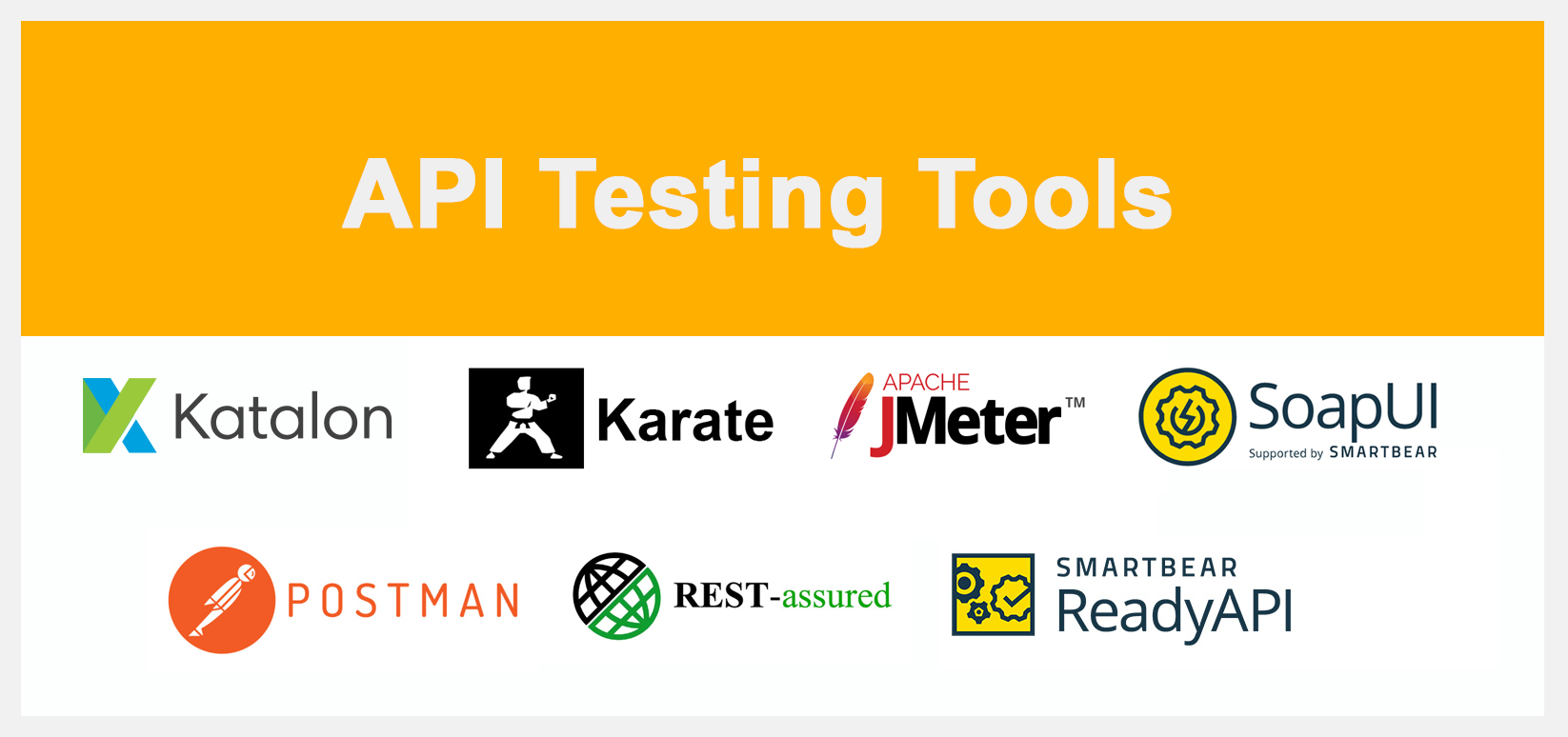What is the difference between VoIP & PBX?
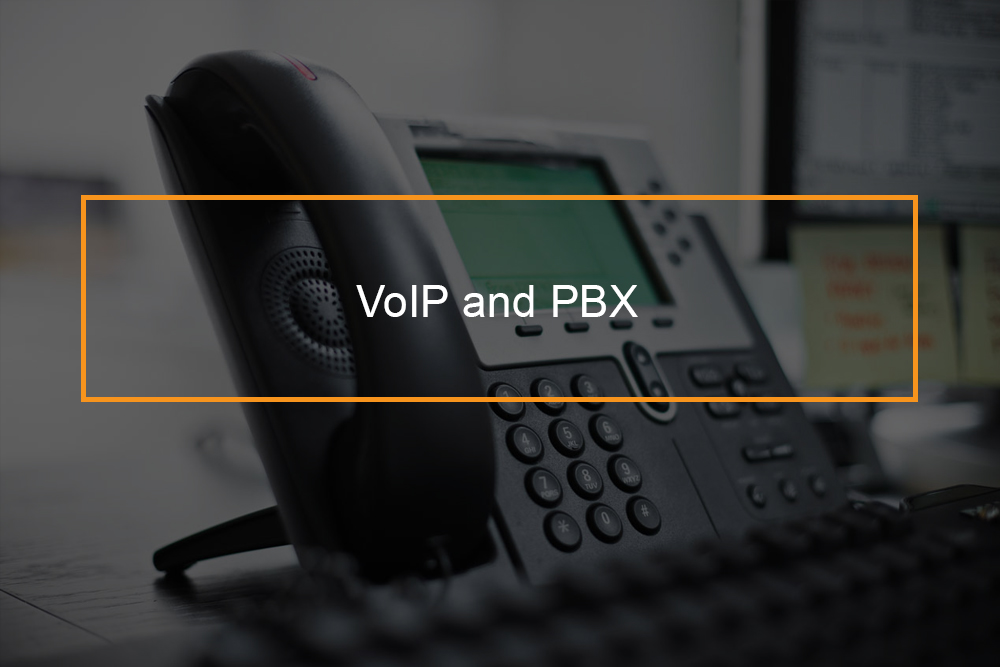 VoIP is an abbreviation of Voice over Internet Protocol while PBX stands for Public Branch Exchange. The two phone systems have the same purpose- to place and receive calls. The only difference is their merits, demerits, and how they are implemented in a business.
VoIP is an abbreviation of Voice over Internet Protocol while PBX stands for Public Branch Exchange. The two phone systems have the same purpose- to place and receive calls. The only difference is their merits, demerits, and how they are implemented in a business.
PBX is regarded as traditional because it has been in the market for a long time compared to VoIP. Companies that need dedicated telephone networks have been using PBX over the years. On the other hand, Voice over IP (VoIP) is the new technology in the home and business phone systems. VoIP calls are placed and received via internet connection. This makes VoIP more useful to a business than the traditional PBX.
What is a traditional PBX phone system and how does it work?
Traditional PBX phone system links call physically using the copper wires via the Public Telephone Network (PSTN). Companies preferred PBX systems in the past for their phone services, because it is stable and easy to customize.
Considering there has been a notable advance in technology, PBX systems can be regarded as old fashioned. Nonetheless, PBX still has solid advantages over VoIP phones. For instance, in case your company has an unreliable internet connection, PBX would be more effective as opposed to VoIP. With VoIP phones, the quality and stability of calls mainly depend on internet connection. Without internet, VoIP phones cannot work. Your calls will be dropping due to slow internet.
Moreover, PBX is more efficient when it comes to internal communications. In case you want to contact a colleague or another division quickly, you call their extension. It is not necessary to place a call to an outside number.
PBX phone systems are also more useful when it comes to emergency or important calls. In case you are experiencing a power outage or internet connection failure, you can use a PBX phone since it is not affected by power.
What is VoIP and how does it work?
VoIP is a technology which allows subscribers to use the internet to place and receive phone calls over IP networks. Forget about copper wires and handsets. Today, you can place phone calls anytime, anywhere using an Internet-connected headset, computer, and voice over. VoIP phone systems can also use a private data network to transfer voice and messages.
VoIP is a technology that changes your voice into a digital signal, enabling you to place a call directly from a VoIP phone, computer, or other data-driven devices. Simply put VoIP is a phone service delivered over the internet. You may also hear it being called IP telephony, internet telephony, broadband phone service, or broadband telephony.
The favor of the VoIP phone system can be credited to the numerous features it has to provide at a low fee. VoIP system replaces the sophisticated onsite hardware for cloud-based software that is inexpensive and easily scalable. Contrary to traditional PBX, the infrastructure engaged with VoIP will allow your business to upgrade and grow effortlessly. It is not all about scaling up. However, you can scale down your company when you are in low season.
VoIP phone features
VoIP is more popular in businesses because of all the standard features it has to offer and more advanced features compared to PBX systems. Below are the basic features you can expect to enjoy with VoIP phone systems.
- Find me or follow me
- Ring group
- Online sharing multiple devices
- Web-based system administration
- Hold music
- Call forwarding
- Mobile management for iOS and Android
- Caller ID
- Fax to text in a PDF format
- Call transferring
- Voicemail to text
- Call blocking
- Call waiting
- Voicemail to email in an audio format
- Automated attendant
- Video conferencing
- Conference bridging
- Conference calling
What is the difference between VoIP and PBX phone systems?
VoIP vs. PBX business phone options
To differentiate PBX and VoIP phone system, consider the following factors.
Connection to users
A PBX phone uses standard telephone wires to connect outgoing and incoming calls. The configuration setup involves a computer server, multiple lines, and manual control board. An internal switching system connects the lines and routes calls to individual phones. This is the main difference between VoIP phones and PBX phone systems.
When it comes to VoIP, it is much simpler. It uses the internet to transmit analog voice data. You will also need a computer or IP phone apart from a stable internet connection.
Equipment needed to setup PBX and VoIP phone systems
To run VoIP or PBX, you need different equipment. VoIP requires expensive equipment. You can get an IP phone or a wireless phone with an internet connection. PBX, on the other hand, is very analog, it requires a cordless or corded phone and sometimes headset in case you want to make calls hands-free. For VoIP, you can also use a softphone. A softphone allows you to place and receive calls from a mobile device or computer.
PBX cost vs. VoIP cost
Price is a primary factor when determining which phone system you should buy. VoIP needs less hardware and infrastructure to be operated compared to PBX. Besides VoIP initial configuration set up and upgrade process is simpler. All these factors make VoIP phones cheap to buy, run, and maintain. Moreover, VoIP has less monthly charges.
Is PBX reliable than VoIP?
PBX phone systems are more reliable than VoIP phone systems. With VoIP, you can not operate without the internet. VoIP is dependent on internet connection accessibility and the strength of the connection. In case you do not have internet because of a power outage or malfunction, then you will not use your VoIP phone. Slow internet or poor internet connection equals poor call quality and dropped calls. Even worse, sometimes you may drop on your customers without warning. This can be frustrating because it can give your customers a wrong impression. However, it does not always have to be this way. You can get back up and look for a reliable internet provider.
On the other hand, with PBX phone systems, the call quality is constant, and you will not experience any problems.
VoIP customization vs. PBX’s
This is one of the main cons of VoIP phones. VoIP systems have more customization alternatives. These phones can be programmed and reprogrammed easily to suit business needs. The cool part is, this programming is easy and does not require IT expert skills. Modification to the digital interface can be made anywhere. Some of the features include transferring calls, voicemail transcription, and specifying conditions such as day and time. While PBX provides some level of customization, it does not come close to VoIP phones.
How do PBX and VoIP phone flexibility and scalability compare?
PBX phone is regarded as rigid. In case your business needs to upgrade or switch from PBX phone systems, you will have to change most of the infrastructure and hardware. All of these changes can be costly. Such modifications are not suitable for a business that is growing and requires to scale up.
However, VoIP is a phone that grows with your business. Noting that VoIP is internet-centered, you don’t have to worry about hardware modifications. The difference is significant for seasonal companies that require to scale up or down depending on the season. With VoIP, you only pay for services that you need even if it is offseason.
Combing PBX and VoIP technology phone systems: IP PBX
Both VoIP and PBX phone systems have their advantages and disadvantages. Even though VoIP is more advanced, some businesses may still find it challenging to stop utilizing PBX or also choosing between the two phone systems. In case you are in such a situation, you can opt for IP PBX. This option combines PBX technology with VoIP technology. It is a hybrid of PBX and VoIP.
IP BPX allows your business to maintain their traditional phone line number that provides high-quality despite the circumstances and at the same time utilizing an automatic switch to a VoIP for a wide variety of features at cost-effective fees. This system is based on PBX reliability and VoIP flexibility.

